In the realm of corporate ownership, a peculiar and often overlooked connection exists between the entities that control the music industry and those that oversee the correctional system. This intertwining web reveals a startling reality: the same companies that own the record labels also have a stake in the operation of jails.
The Music Industry Monoliths
At the forefront of the music business stand behemoths like Universal Music Group, Sony Music Entertainment, and Warner Music Group. These mega-corporations hold significant sway over what music reaches the masses, shaping popular culture and influencing trends worldwide. With their vast resources and extensive reach, they dictate much of what we hear on the radio and see on music streaming platforms.
From Beats to Bars: The Prison Connection
Delving deeper into this intricate network, we uncover the surprising fact that some of the same corporate giants dominating the music industry also have investments in the private prison sector. Companies such as CoreCivic and GEO Group, known for their involvement in the operation of correctional facilities, count among their shareholders the very same entities that control our musical landscape.
Profit at the Crossroads
The convergence of these seemingly disparate industries raises questions about the motivations driving their interconnectedness. Is it merely a matter of profit, with these corporations seeking to maximize their earnings across multiple sectors? Or are there more insidious forces at play, where the influence of money extends into realms that profoundly impact society?
The Impact on Artists and Communities
For artists signed to record labels affiliated with prison-linked companies, the ethical implications loom large. Does their music inadvertently contribute to a system that profits from incarceration? And what does this symbiotic relationship mean for communities disproportionately affected by mass incarceration, particularly those of marginalized backgrounds?
A Call for Awareness and Transparency
As consumers of music and members of society, it behooves us to delve beneath the surface of the industries that shape our cultural landscape. By raising awareness and advocating for transparency in corporate practices, we can strive for a more equitable and just system that prioritizes the well-being of all individuals, free from the entanglements of profit-driven agendas.
In conclusion, the revelation of shared ownership between record labels and prisons sheds light on the complexities of corporate influence and societal structures. By understanding these connections and their implications, we empower ourselves to question and challenge the status quo, fostering a more informed and conscientious approach to the media we consume and the systems we support.
Author Tanisha Jackson






